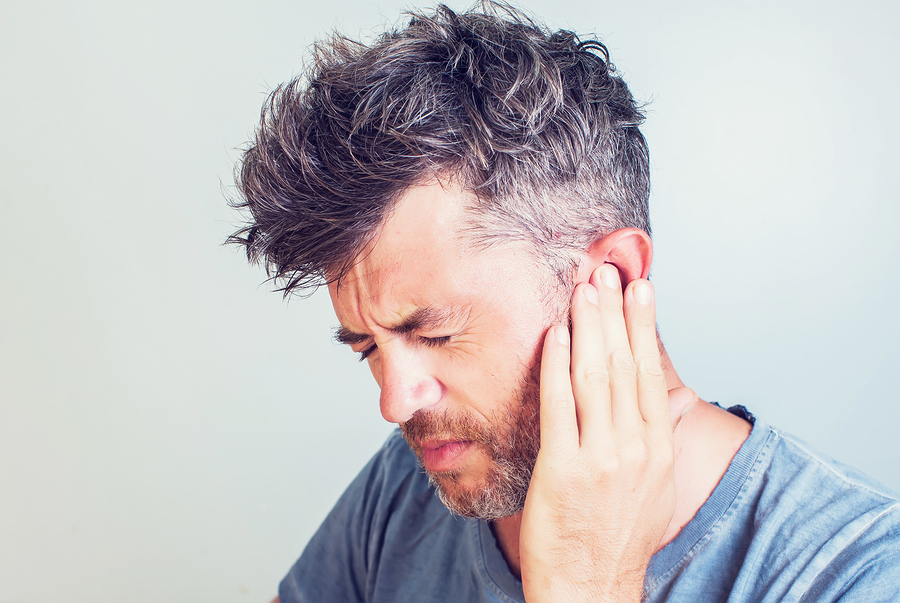Ear pain and headaches are two very common symptoms and may be caused by a large variety of conditions. Earache may stem from infection, excessive earwax, or a perforated eardrum, to name a few causes. The source of a headache may be anything from too much stress to caffeine withdrawal to brain tumors.
However, a source of both earache and headache that’s often overlooked might be surprising – it’s the mouth. When the jaws and teeth aren’t in optimal health, it can lead to pain in the head and ear. Let’s look at three common mouth-related causes of ear and head pain.
Toothache
Headaches often accompany toothaches, which could be caused by cavities, cracked teeth, exposed roots, or exposed nerves. One lesser known cause is muscle tension referring to pain of the teeth. The reason is that there are thousands of nerves in our face and head that can lead to pain when stimulated. Many headaches and toothaches are caused by stimulation to the trigeminal nerve, which is the largest of the cranial nerves, extending into the mouth and the brain.
Earaches may come from toothaches, too, usually in cases where infection has set in. If you feel ear aches along with toothaches, seek care from your dentist right away so the problem doesn’t get any worse.Your general dentist can help you with a diagnosis that is tooth related. A dentist with more training in TMD and craniofacial pain may be needed to help with diagnosing muscular or neurological problems.
TMD
TMD stands for Temporomandibular Joint Disorder, which is a disorder of the jaw joint. The jaw joint is very complex and can become damaged for a number of reasons. When this happens, it can lead to a variety of symptoms including clicking in the jaw, difficulty opening or closing the mouth, jaw pain, headache, neck pain, ear ringing or congestion, and pain in nearby areas.
Headache and ear pain occur in conjunction with TMD because the muscles that control the jaw are often overworked trying to protect the damaged joint. When these muscles become tense for long periods of time, they can cause pain in the head or ears.
Clenching and grinding
While tooth clenching and tooth grinding (also called bruxism) are often associated with TMD, they can also appear as standalone conditions. Clenching may be caused by an inadvertent reaction to the pain of toothache or may be out of habit. Grinding teeth often occurs at night and is often due to poor nasal breathing, sleep apnea, or misaligned teeth.
Again, as with toothache and TMD, the reason clenching and grinding can lead to headache or ear pain is because many parts of the face and head share the same muscles and nerves. Pain originating in one area can then show up in another, even when the pain doesn’t seem related.
Look to the mouth
Some people live with chronic head or ear pain because they don’t know the source of the pain. If you’re in this situation, ask yourself whether your pain could be caused by toothache, a problem with the jaw joint, clenching, or grinding, and mention your pain to your dentist at your next visit. By treating problems in the mouth, you may end up eliminating the pain in your head and ears pain, too.
